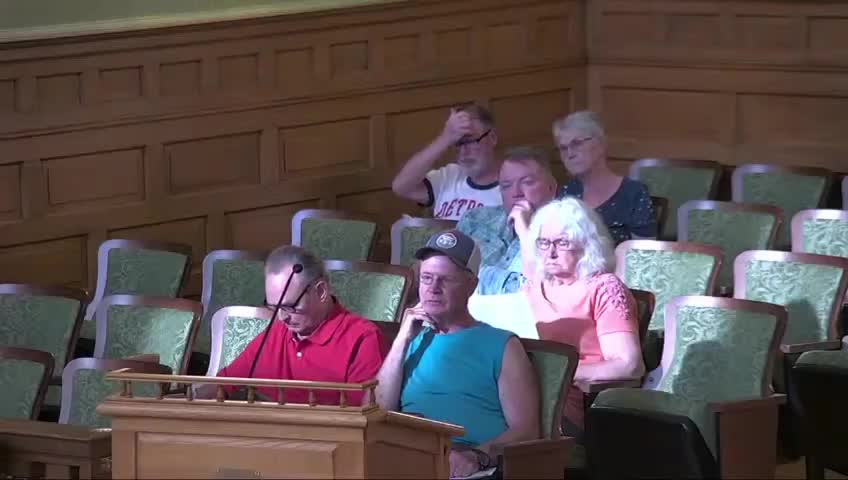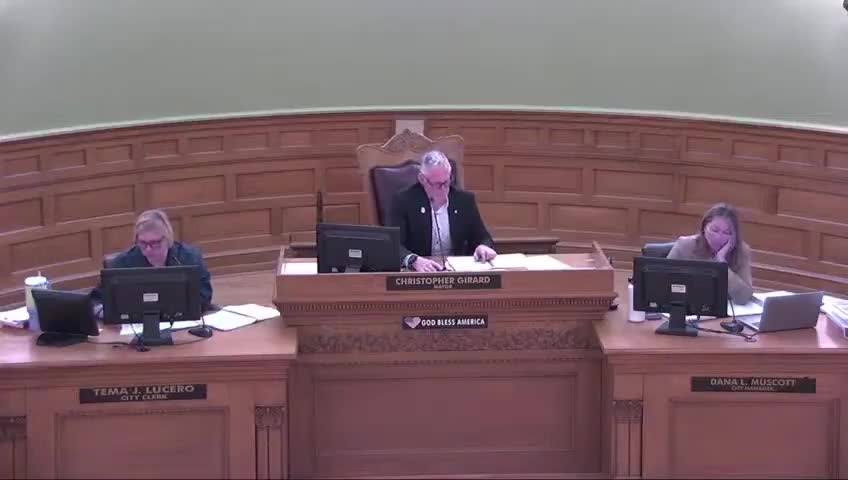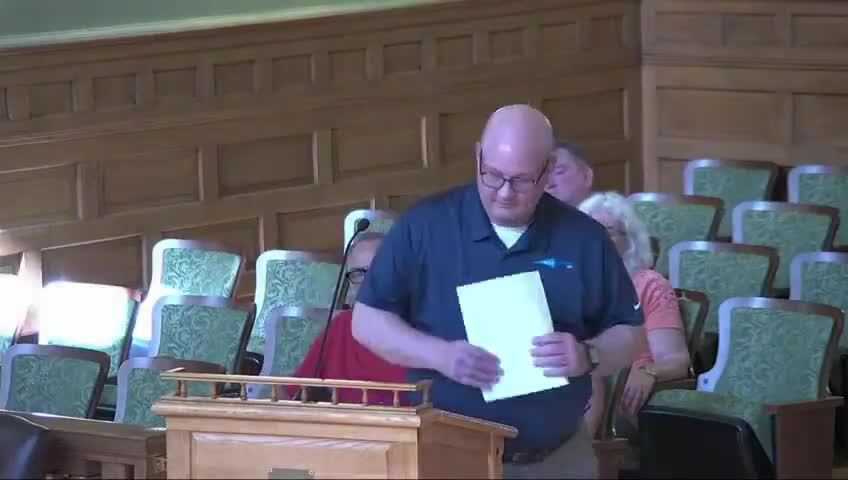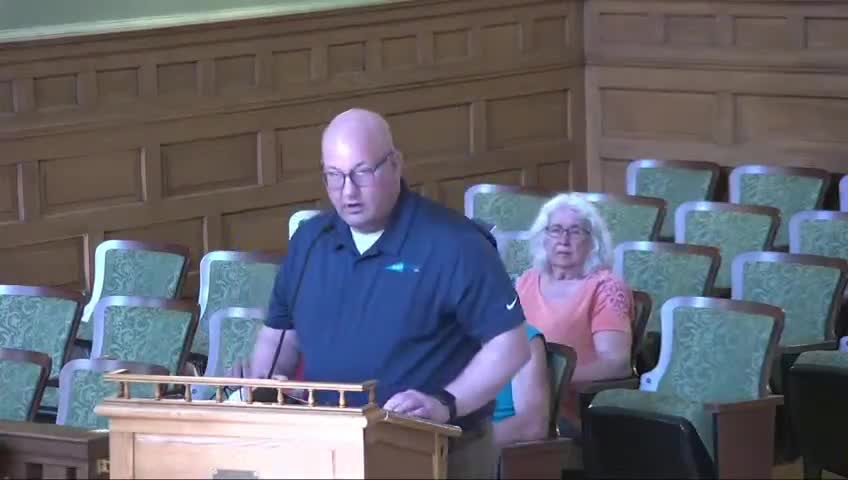Article not found
This article is no longer available. But don't worry—we've gathered other articles that discuss the same topic.

Commission approves sale of four vacant city lots for $200 each to developer proposing sub‑$200,000 starter homes

Proposal to remove invocation from Bay City commission rules fails after divided vote

Planning staff introduce revised sign ordinance to align code with court rulings, add graphics and clarify illumination rules

